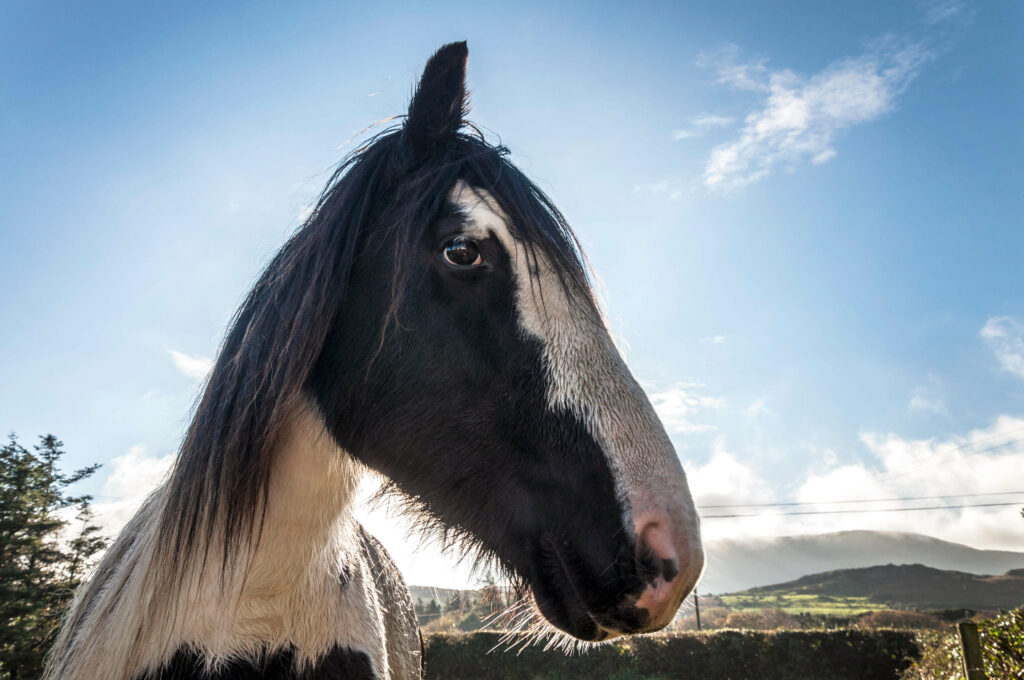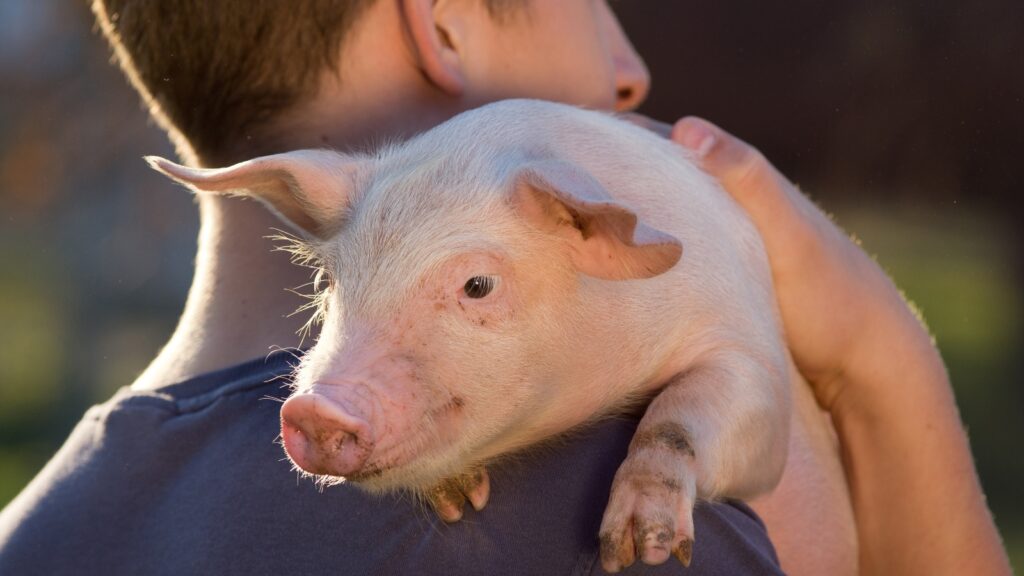Pet owners already know that their beloved companions can tell the difference in their tone of voice. Dogs respond to a strong, firm “no,” for example, when they’re chewing through the table leg (even if just for a moment!). But new research shows that domesticated pigs, domesticated horses, and Asian wild horses (living in captivity) are also impacted by the emotions in human voices.
What’s more, the research, published in the journal BMC Biology, shows that these animals sometimes mimic the emotion communicated to them. It’s not about language, but about tone, the study suggests.
To assess their reaction, the researchers from the University of Copenhagen played groups of animals recordings of a person talking nonsensical words in different tones, as well as animal sounds.
According to behavioral biologist Elodie Briefer, they reacted “more strongly” when they were met with a “negatively charged voice.”
“In certain situations, they even seem to mirror the emotion to which they are exposed,” she said. She added that when animals hear a positive, friendly tone of voice, they are more likely to appear calm and relaxed.

Researchers also assessed wild boars in the study, but they did not react to human emotions.
‘Our voices have a direct impact on the emotional state of animals’
Previous research into this area has focused on dogs. Last year, a study found that our pooches can pick up behavioral and chemical cues from us when it comes to emotions. When we’re calm, our dogs are more likely to be calm too.
But the new study suggests that farm animals, too, can understand us to a certain extent. And it’s no surprise.
Pigs are the fifth most intelligent animal in the world, which means they are even smarter than dogs. They are also playful, inquisitive, and sensitive beings. And yet, the meat industry slaughters millions every year.
“[The research shows] that our voices have a direct impact on the emotional state of animals,” said Briefer. “Which is very interesting from an animal welfare perspective.”






